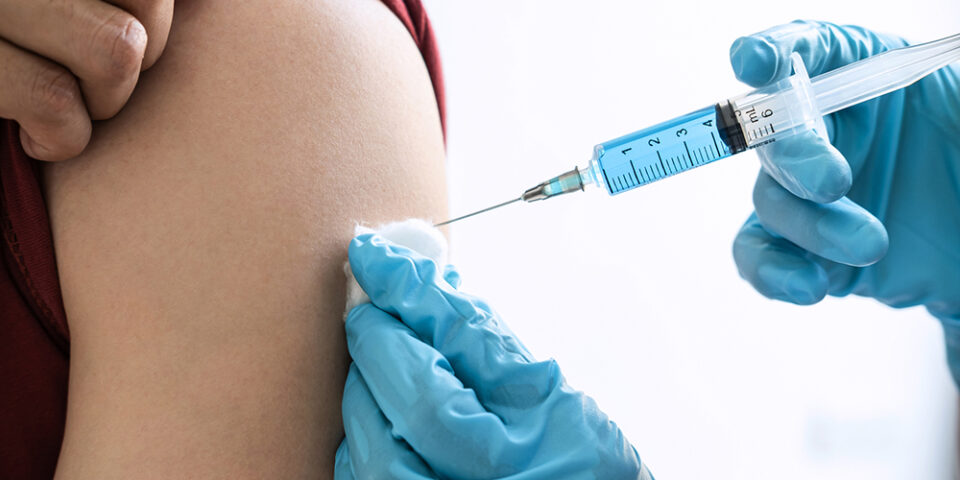Do I need a tetanus shot?
If you’ve ever received the Tdap vaccine as an adult – or the Dtap vaccine as a baby – then you’ve been vaccinated against tetanus. It’s one of the three major medical conditions the Tdap is designed to protect against: tetanus, diphtheria and pertussis. Do you need a booster shot for tetanus if you were vaccinated as a child? Is tetanus dangerous?
Katie Whiten, PA, explained how to know if you need a tetanus shot and what tetanus does to the body if you’re not protected.
What is tetanus and how can you get infected by it?
Tetanus is a non-contagious disease caused by a bacteria found in the environment. Common places where the bacteria that causes tetanus might be found would be in rusty tools, including barbed wire or nails. It can also be found in animal dung, soil and ash. The bacteria’s spores make their way into a cut or wound and then into your bloodstream, where the infection develops around 10–14 days after exposure.
“Since the spores can survive for years and are resistant to antiseptics, the tetanus shot is the best way to prevent yourself from being infected,” said Whiten.
What does tetanus do to the body? What symptoms of tetanus should you look out for?
Infection by the bacteria that causes tetanus affects your nervous system and can cause problems with your nerves and brain.
Symptoms of tetanus include:
- Trouble swallowing
- Persistent headache
- Fever
- Sweating
- A fast heart rate
- A sudden raise or lowering in your blood pressure
- Muscle spasms in the back, stomach or limbs
“The symptom most famously associated with tetanus infection is potentially serious cramping of the jaw, which may become so severe that you can no longer open your mouth,” said Whiten.
Is tetanus fatal? Can it be cured?
“Tetanus that goes without treatment can be fatal,” said Whiten. “Even a nonfatal case, however, is a medical emergency and requires immediate treatment.”
Treatment for tetanus requires hospitalization to quickly treat the infected person with a medicine called human tetanus immune globulin, or TIG, along with antibiotics, drugs to help control spasming muscles and consistent, ongoing wound care.
Can you get tetanus more than once?
“You do not become immune or even resistant after having had tetanus once,” said Whiten. “You will need to be vaccinated in order to protect yourself, and treatment for tetanus involves being vaccinated against future infections.”
How often should you get a tetanus shot?
According to the World Health Organization, each person should receive six doses of vaccination against tetanus, including the three-dose primary series that starts as early as six weeks after birth, and then three booster doses a child receives every four years or so before adulthood.
The CDC recommends that adults receive a booster Tdap vaccine if they become pregnant or every 10 years. Anyone who has never been vaccinated against tetanus should speak with their doctor about scheduling a vaccination as soon as possible.
“Alongside these routine vaccinations, it’s important to vaccinate against tetanus every five years after having a serious dirty wound or burn that could have resulted in exposure to the bacteria,” said Whiten.
Find the care you need, close to home
Our primary care physicians provide well visits and everyday care when you need it with compassion and expertise.
Find Primary Care Near You

